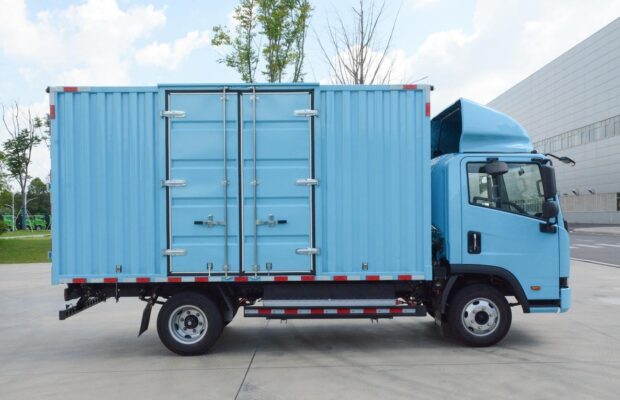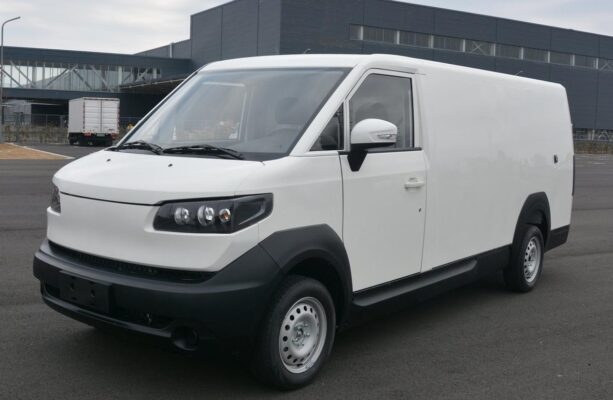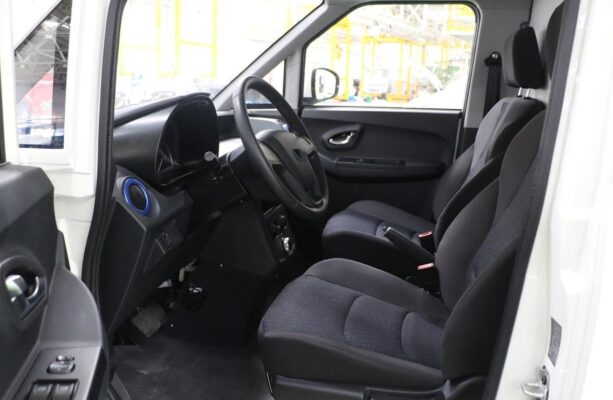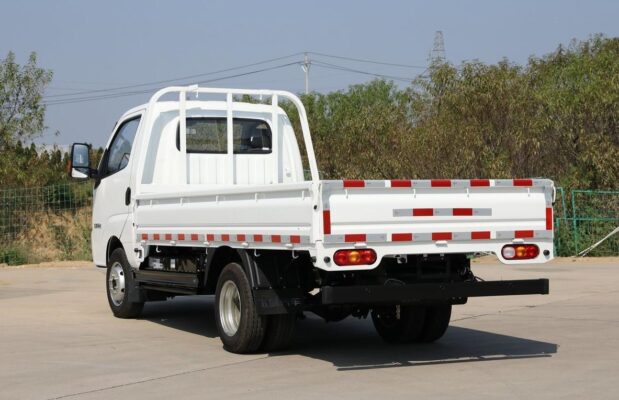Цахилгаан ачааны машины талаархи мэдлэг
How to maintain electric trucks in winter
Нийтэлсэн by Цахилгаан ачааны машин
I believe that a majority of the vehicles many of our friends are driving nowadays are our new energy vehicles. Those who have knowledge about new energy vehicles are well aware that our electric vehicles stand as representatives of this category and they are indeed the trend of our times. Let’s elaborate in detail on “How to maintain electric trucks in winter?”

Нэгдүгээрт, charge frequently in winter.
It is essential to form a good usage habit. For pure electric vehicles, it is advisable to develop the practice of charging on the same day. During winter, the battery’s charging acceptance capacity deteriorates, often resulting in insufficient charging. The optimal environmental temperature for battery charging is 25 degrees Celsius; thus, charging indoors is preferred. When the winter cold sets in, it is necessary to increase the charging voltage and extend the charging time. Нэмж хэлэхэд, insulation and antifreeze measures should be implemented to ensure efficient charging and to prolong the battery’s lifespan.
Batteries, like living organisms, have their performance influenced by temperature. In cold winter conditions, the chemical reactions within the battery slow down, reducing its ability to absorb and store energy. By increasing the charging voltage and prolonging the charging duration, we compensate for this reduced charging efficiency. Түүнээс гадна, taking insulation and antifreeze precautions safeguards the battery from potential damage caused by extreme cold, maintaining its structural integrity and electrochemical performance.
Regular and frequent charging during winter helps prevent the battery from reaching extremely low states of charge, which can have detrimental effects on its overall health and longevity. It also ensures that the vehicle is always ready for use when needed, without the inconvenience of a depleted battery.

Хоёрдугаарт, use more power assistance when driving in winter.
When the vehicle commences its journey, it is crucial to accelerate gradually to avoid sudden and rapid acceleration that could potentially damage the components of pure electric vehicles. Under the premise of ensuring safety, while driving, efforts should be made to minimize braking and starting as much as possible to conserve electricity. When in motion, the speed governor should be released to prevent damage to components such as the motor of pure electric vehicles.
The initial acceleration phase of an electric vehicle places a significant load on the drivetrain and battery system. A gentle and smooth acceleration not only conserves energy but also reduces mechanical stress on the components, enhancing their durability. Minimizing frequent braking and starting helps optimize the energy consumption pattern, as these actions consume more power compared to maintaining a consistent speed. Releasing the speed governor allows for a more efficient and controlled power delivery, contributing to a seamless driving experience and reducing the risk of component overloading.

Цаашлаад, sudden and aggressive driving behaviors can lead to increased battery discharge rates, shortening the effective driving range of the vehicle. By adopting a more measured and conservative driving style, especially in winter when battery performance is already compromised by the cold, one can maximize the vehicle’s operational efficiency and range.
Гуравдугаарт, keep the charging interface clean, and prevent water or other foreign matters from entering the charger interface, as this can easily cause an internal short circuit in the charging interface of the pure electric vehicle and adversely affect the battery’s lifespan.
The charging interface is a critical point of connection between the vehicle and the power source. Any contamination or intrusion of foreign substances can disrupt the electrical connection, leading to potential short circuits, arcing, or other electrical faults. Water, in particular, can conduct electricity and cause damage to the internal circuitry of the interface and the battery management system.
Regular inspection and cleaning of the charging interface are necessary to remove dirt, debris, and moisture. Using a dry and clean cloth to wipe the interface before and after charging helps maintain a reliable connection and reduces the risk of electrical malfunctions. It is also important to ensure that the charging cable and connector are in good condition and free from damage or wear.

Дөрөвдүгээрт, maintain frequently in winter. Before setting out, pay meticulous attention to checking whether various components of new energy pure electric vehicles are in optimal condition, such as ensuring adequate tire pressure. After encountering rain and snow, special attention must be given to the maintenance of electric vehicles. Frequent lubrication is essential during winter.
Proper tire pressure is vital for vehicle stability, handling, and energy efficiency. Insufficient tire pressure can increase rolling resistance, resulting in higher energy consumption and reduced driving range. Regular checks and adjustments ensure optimal tire performance, especially in cold weather when tire pressures tend to drop.
Rain and snow can introduce moisture and corrosive substances that may affect the vehicle’s electrical systems, bodywork, and mechanical components. After such weather conditions, thorough cleaning and inspection are necessary to remove any accumulated dirt, salt, or moisture that could cause rust or damage. Frequent lubrication of moving parts, such as hinges, door locks, and suspension components, helps prevent freezing and reduces friction, ensuring smooth operation in the cold.
Дүгнэж хэлэхэд, maintaining electric trucks in winter requires a combination of careful charging practices, cautious driving habits, maintaining a clean charging interface, and regular component checks and lubrication. By adhering to these maintenance guidelines, one can ensure the reliable performance, longevity, and efficiency of the цахилгаан ачааны машин throughout the winter season and beyond.